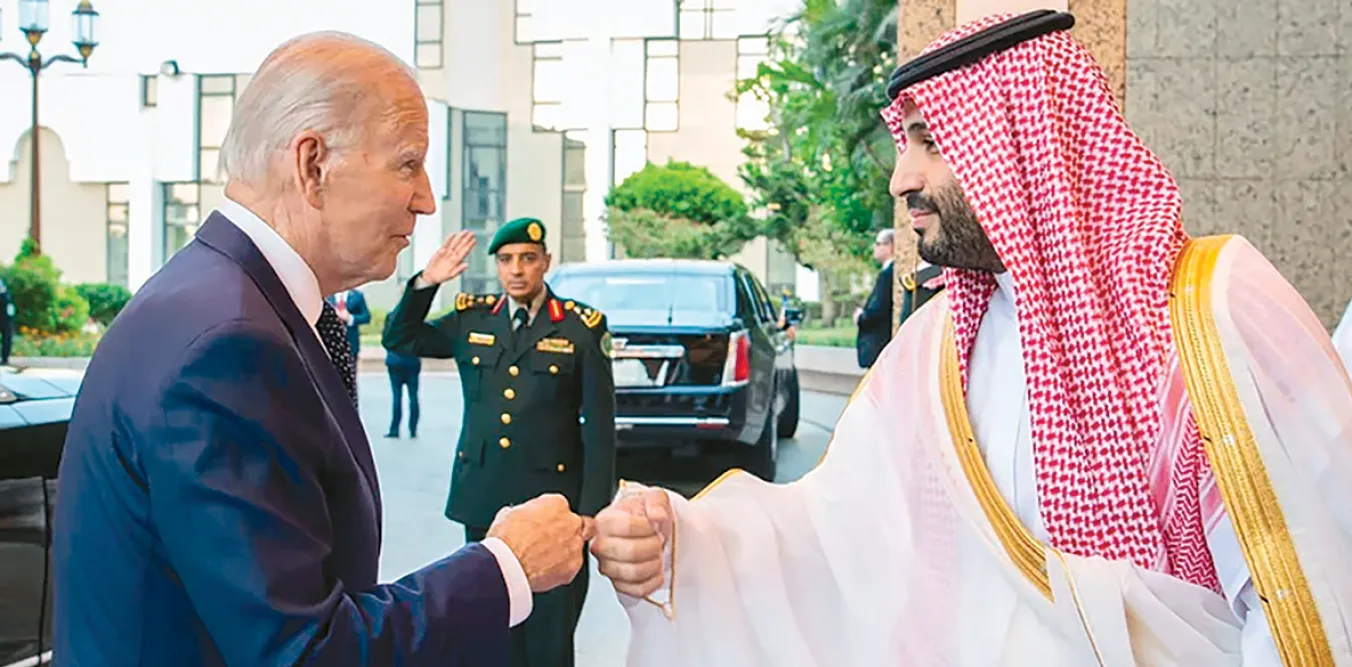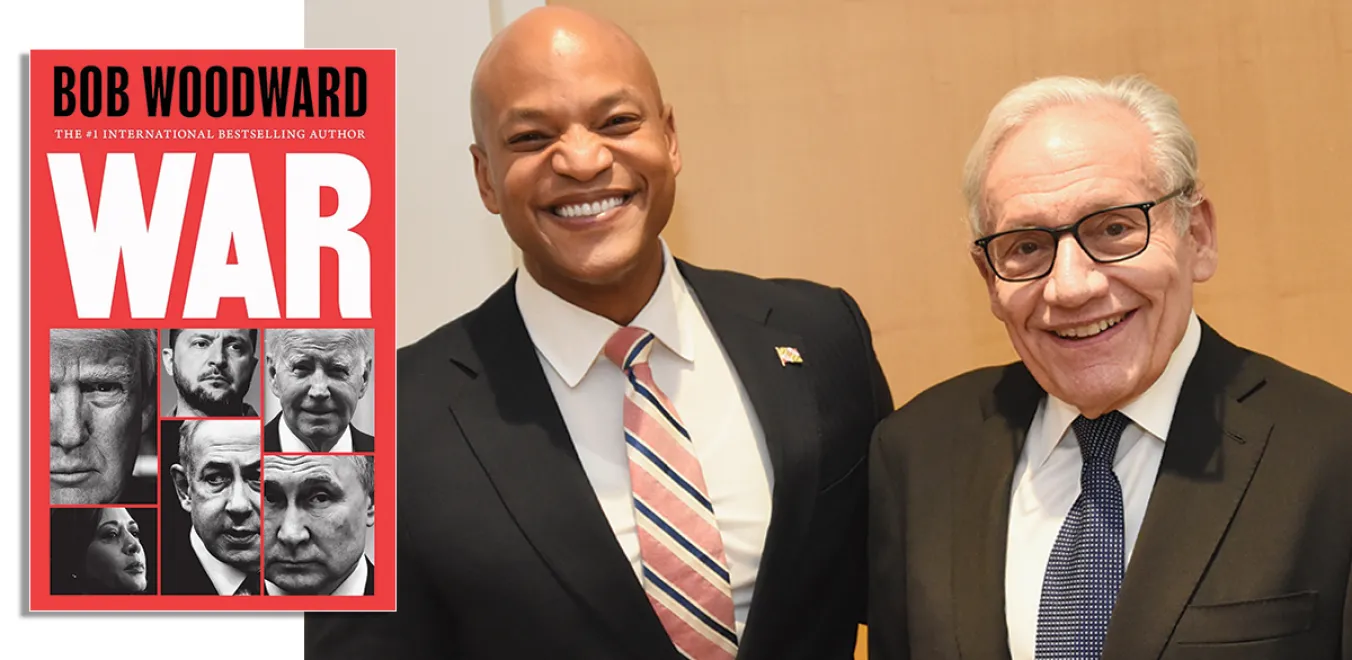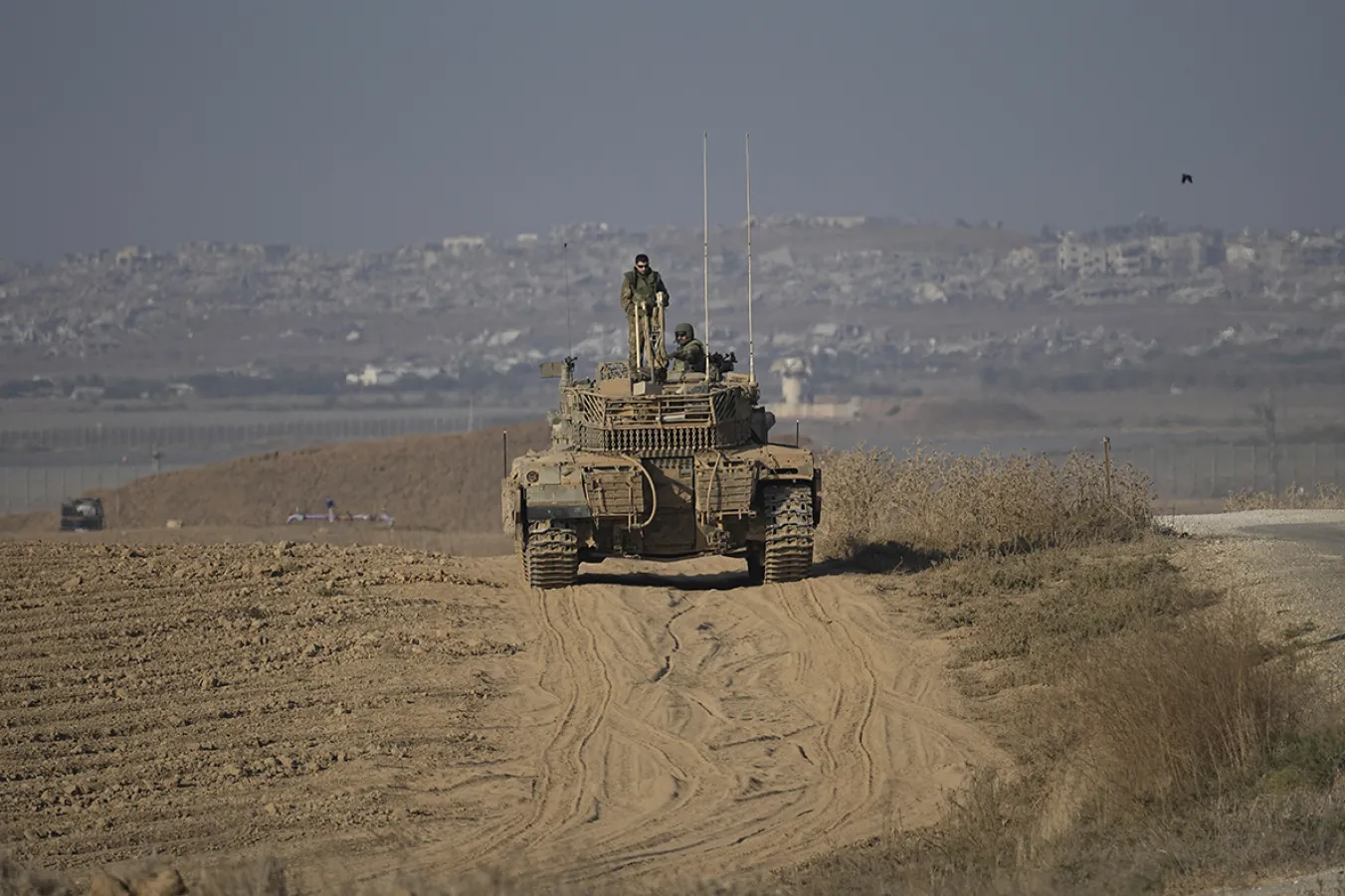VIJAY PRASHAD examines why in 2018 Washington started to take an increasingly belligerent stance towards ‘near peer rivals’ – Russa and China – with far-reaching geopolitical effects
Declining influence: is the Middle East pulling away from Washington?
AMIAD HOROWITZ on the implications of diplomatic shifts across the Middle East

A NEW chapter in the modern history of the Middle East is beginning, and what’s most significant about it is the dwindling influence of the United States.
Back in March, the People’s Republic of China helped broker a groundbreaking diplomatic rapprochement between the Kingdom of Saudi Arabia and the Islamic Republic of Iran. Seven years ago, Riyadh and Tehran completely broke off diplomatic relations, and since then have been involved in proxy conflicts in Yemen, and to an extent in Syria and Iran itself, as well.
The normalisation of relations between these two regional powers is a major step towards peace in the wider Middle East.
More from this author

From annual feedback sessions to anti-corruption campaigns and mass organisations, AMIAD HOROWITZ learns how Vietnam’s system ensures the people’s voices are heard in a way that contrasts deeply with the West

AMIAD HOROWITZ argues that the red-carpet treatment of an organisation that has never denied its Nazi roots and still uses Nazi symbols on its uniforms is a refutation of Israel’s claim to be the protector of the Jewish people
Similar stories

After the Gaza genocide and unleashing chaos in Syria, the US and Israel prepare to target Tehran next, leaving the Iranian people caught between foreign intervention and continued theocratic oppression, writes GAWAIN LITTLE

PAUL DONOVAN assesses an insider account of recent and future US foreign policy

STEVE BISHOP argues that the US failure to restrain Israel is pushing the region towards wider war, with an attack on Iran likely to have devastating consequences

In a statement on the current dangerous escalation in the region following Israel’s exchanges with Iran, LIBERATION says Yes to peace and self-determination — No to war and foreign intervention









